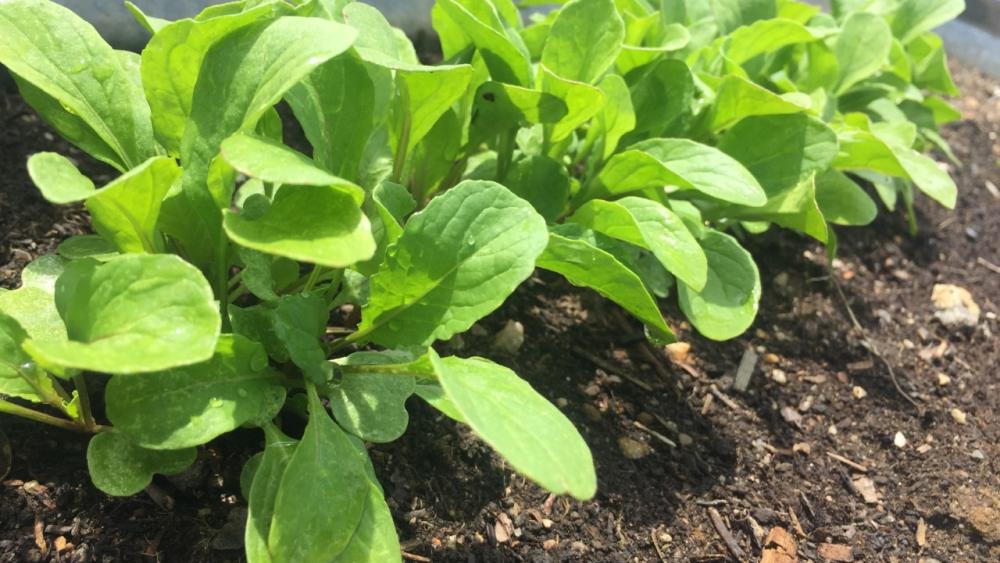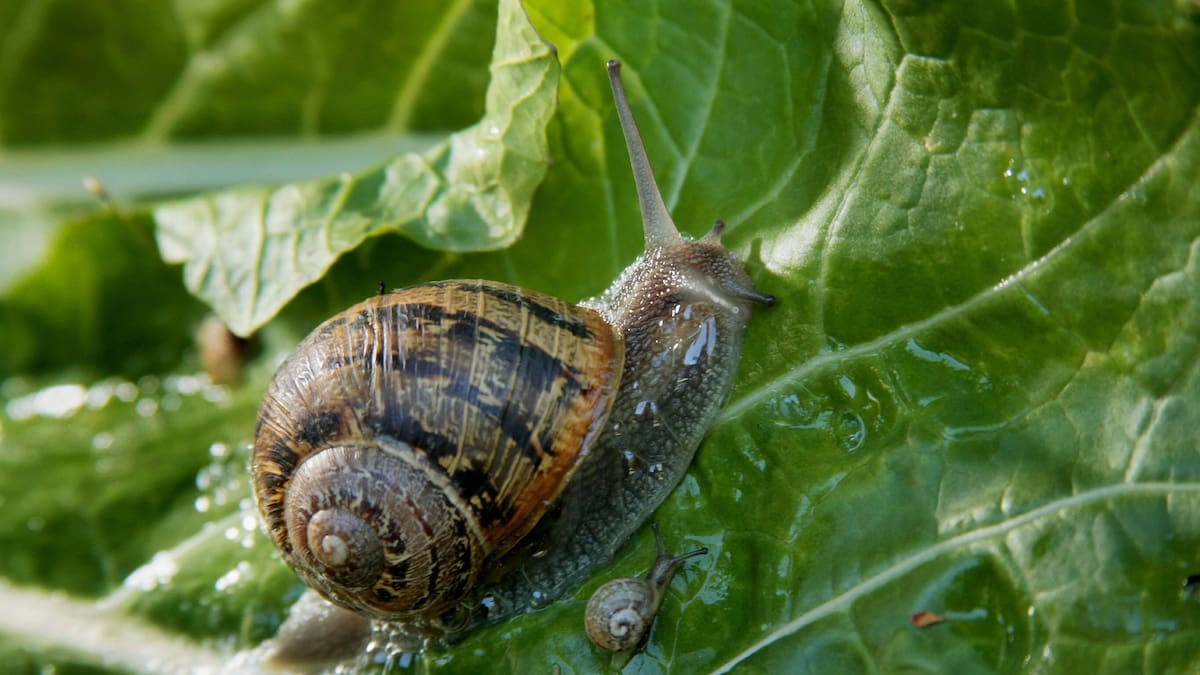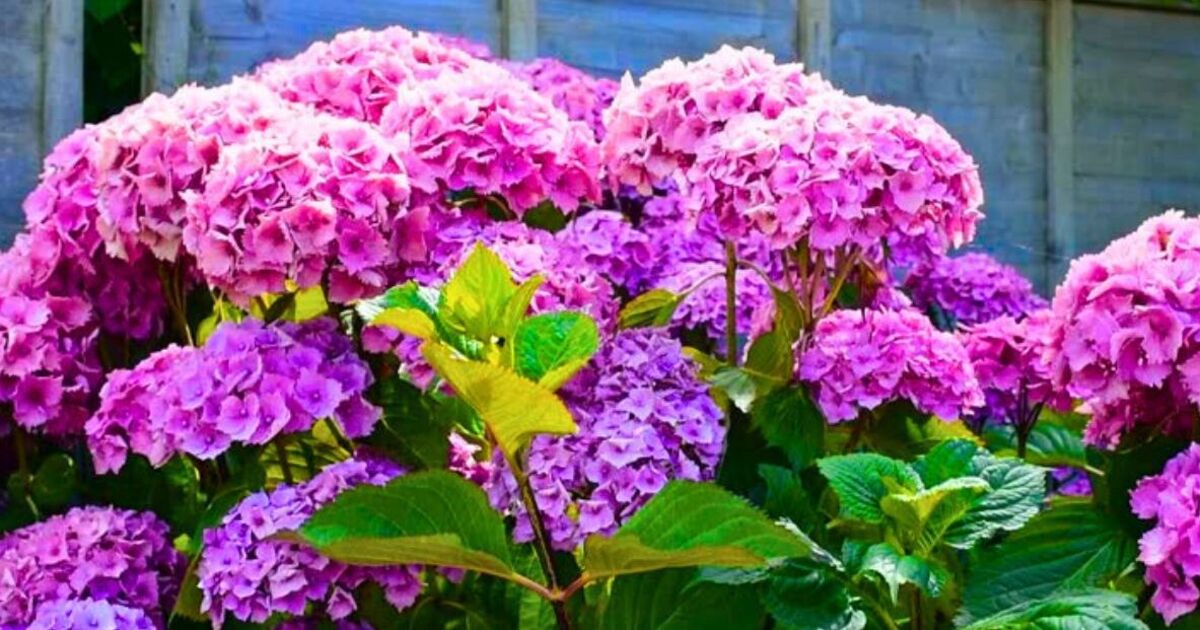Exploring sustainability and wellness is the new trend among students on multiple campuses at Penn State. Seven Penn State campuses now offer an opportunity for students to learn about produce through student farms and gardens. This hands-on learning experience allows students access to fresh food and a chance to connect with nature. These opportunities can further enrich the student experience and add practical knowledge to what they read about in textbooks.
Gardens and farms at the seven Commonwealth Campuses provide a platform to connect with nature, advance sustainable food practices, promote mental well-being, and also contribute towards the local community. The farms help students learn about sustainable farming practices through real-life experiences, right from growing produce to harvesting and donating the food to local food banks.
Different programs across all campuses are united through the common goal of enhancing the lives of the students and the surrounding communities. Students who participate receive a broader understanding of where their food comes from, understanding its importance, and learning how to grow it.
Small gardens at these campuses offer numerous learning opportunities. From pesticide management to growing different types of plants, each campus provides its students with unique opportunities to develop their understanding of the natural world. Penn State Fayette even has a themed garden showcasing over 110 different varieties of plant that range from soybeans to squash and underscores the importance of plants across different cultures.
The gardens have also become an extension of the classrooms, helping students understand concepts and data from textbooks and lectures in a more tangible way. Rose Rowe, a fourth-year biology student and garden intern at Penn State Brandywine, mentioned that gardening at the campus helped her understand the relationships between bugs and plants.
Campus gardens aim to be interdisciplinary, bringing different groups together to learn how their studies work in the context of a community space. The gardens have become a platform for various faculties and student bodies for brainstorming ideas and discussing how gardens can be helpful in teaching, engaging students, and dealing with food security issues by providing access to fresh vegetables and herbs.
Student farms are not just a place for study, but they also offer abundant volunteering opportunities. These students use gardens to study plant life, psychology, and community health. For example, Penn State Health student Kyle Mausteller has assisted in building a community garden for research on nutrition and health. The project involves interacting with families to understand the impact of the gardens on their lifestyle.
Another dimension to gardening is its positive impact on mental wellness. At Penn State Shenango, one of the initial proposals for building a garden was its benefits toward mental wellness. Tony Paglia, a Student Affairs staffer at Penn State Shenango, knows the worth of spending some time with nature and emphasized the positive feeling of gardening and seeing the results of the hard work.
For many, gardening is a great stress-reliever. Sophomore Mia Pisano at Penn State Shenango describes how after a long day, she finds it relaxing to dig around and make room for some plants. Not just a means to relax, gardening also provides countless opportunities to discover something new, and serves as a great platform to foster a sense of community.
The campus gardens also act as fertile grounds for research. At Penn State Beaver, the research opportunities extend beyond agriculture. Students who volunteer at the gardens can use them for research purposes as well. For instance using campus farms to study arugula propagation, including the effects of fertilizer on pest control.
Apart from this, the campus farms also have a strong emphasis on sustainability. Emily Dozor, a garden manager at Penn State Brandywine, uses her garden as part of the curriculum to teach about sustainable practices. From reading and learning lessons about sustainable agriculture to seeing how sustainability ties to the garden, the farms offer a comprehensive look at sustainable practices. Likewise, many other campuses are making efforts to spread awareness about environmental health and best practices.
In Conclusion, the gardens and farms at various Penn State Campuses are playing a vital role in teaching students about sustainability, wellness, giving them a chance to contribute to the communities, and educating them about food security. As a result, students can gain practical exposure and expand their knowledge about environment and sustainability.




